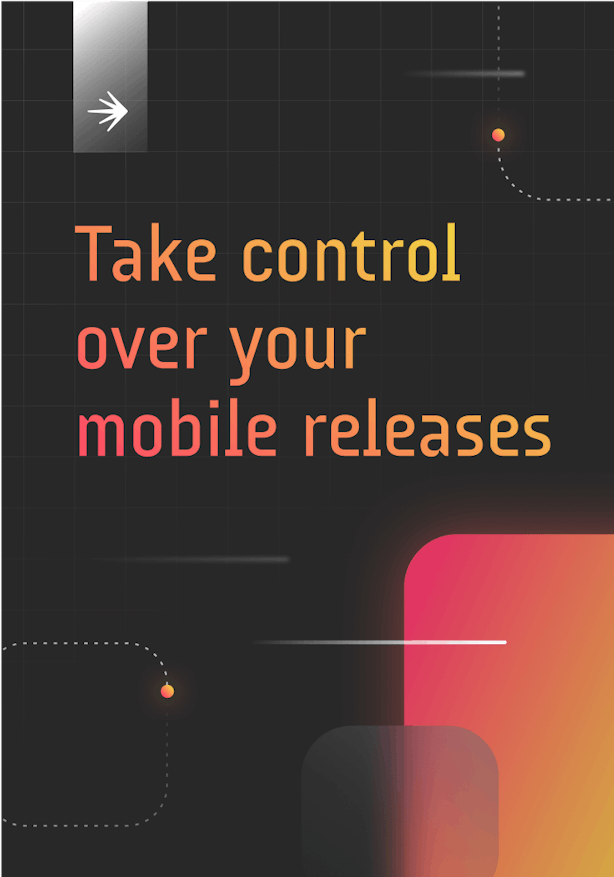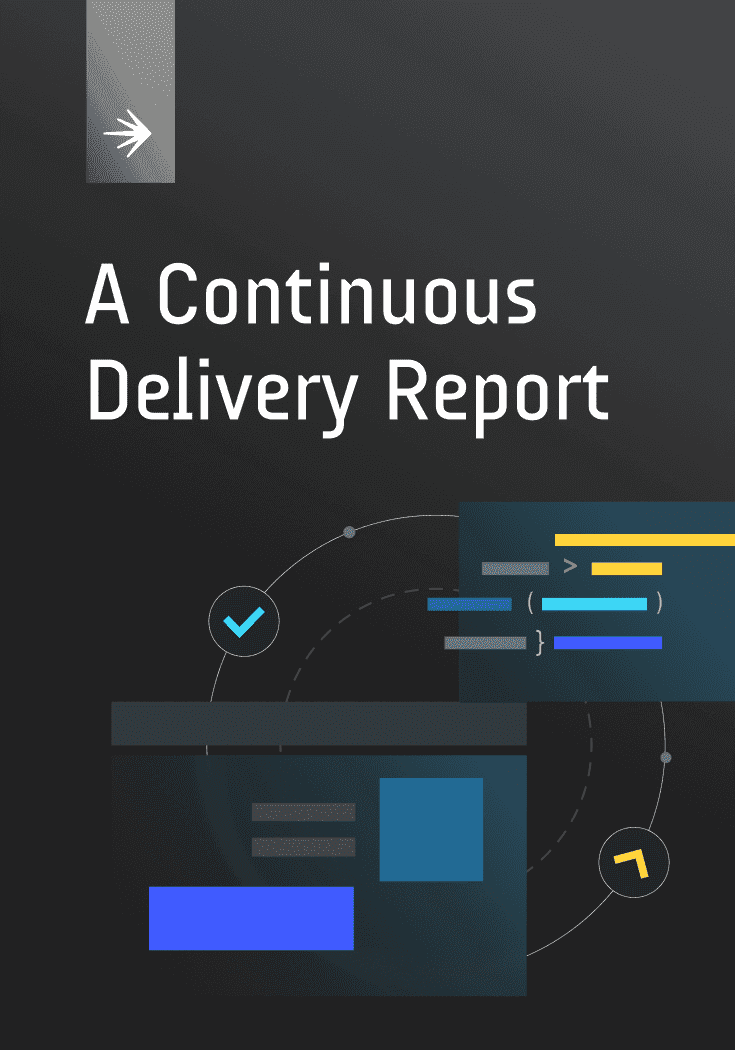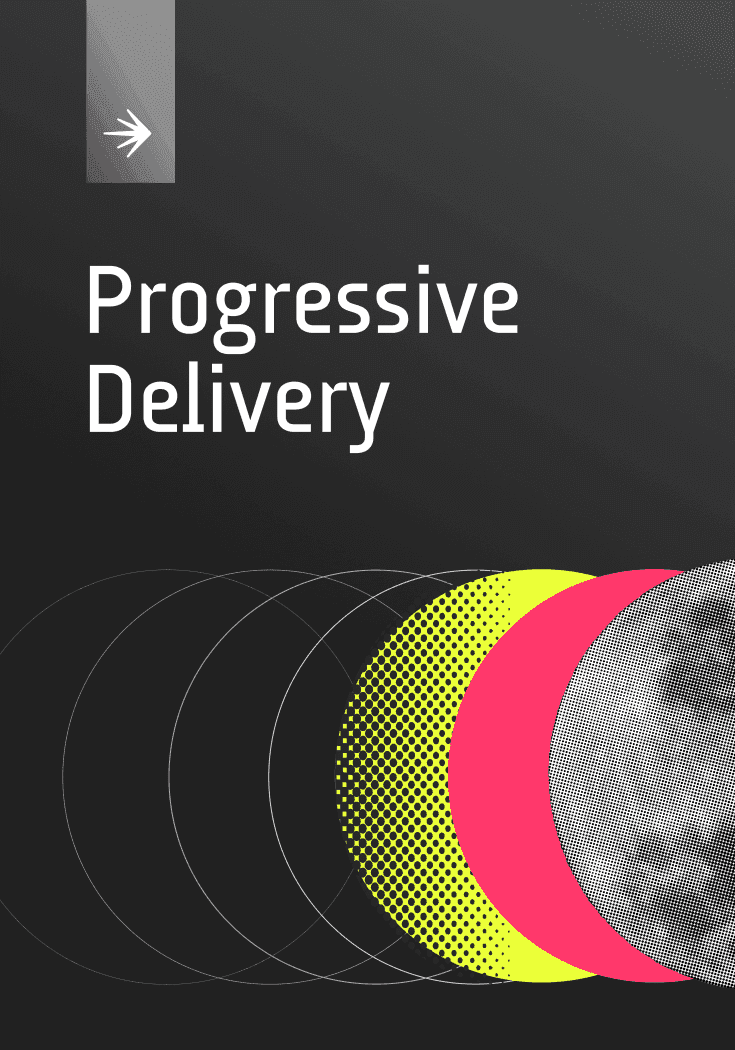Take control over your mobile releases
How to deliver best-in-class mobile app experiences on your schedule, not the app store’s.

Top 3 challenges in mobile app releases
Mobile app developers face a host of challenges, from cumbersome app store approvals to the stress of pushing out a hotfix through the app store and consistently needing to meet high user expectations. Let's examine these challenges.
1. Slow releases and mandatory app store approvals
App stores were initially designed to help provide a centralized, consistent platform for users to discover, download, and update their apps. And while app stores help ensure organizations follow guidelines to provide safe and consistent user experiences, they also deprive organizations of full control over their own apps. Due to app store approval processes, developers lose the ability to control their release timing, test new features in-app before releasing to end-users, and perform gradual rollouts. Developers are gated from releasing new app versions as they wish.
- Deploy new app version to app store
- Wait for app store approval
- New app version is approved
- Users download the latest app version
- Users access and enjoy new features
2. Unplanned downtime with no immediate path to resolution
What happens when you ship code that causes app degradation, or worse, an outage? With app store approval processes, there’s no quick way to address underlying app issues, roll back to a previous app version, or easily identify which user segments are impacted by a buggy feature. Mobile app developers must go through multiple steps to resolve the incident: identify the issue, build a fix, submit the resulting binary back to the app store for an expedited review, etc. All of this can take days to complete, causing developers undue stress. And with user expectations being so high, any amount of app unavailability can lead to user churn and lost revenue.
Costs of poor app availability:
- Lost revenue and transactions
- User churn and uninstalls
- Developers' and support professionals' time
- Reputation and negative app reviews
3. Poor user experiences
Unless you deliver personalized mobile app experiences, you will likely fail to achieve adequate levels of user engagement over the long-term. But delivering targeted experiences to the right users across varied device types, app versions, operating systems, etc. is challenging. It requires a sophisticated targeting engine.
Secondly, syncing mobile and web releases (e.g., ensuring the same features appear on your mobile and web applications at the same time) is also a challenge. Typically, it involves a lot of manual and duplicative work when it’s time to release a new feature across all platforms.
Finally, mobile developers often lack the ability to run experiments on new features in production. This prevents them from gathering critical engagement data, which, in turn, makes it hard to know which feature variations perform the best. The inability to effectively deliver targeted experiences, ensure consistency across platforms, and run mobile experiments with real users leads to a poor digital experience in the end.
58% of smartphone users feel more favorable toward companies whose apps remember who they are and their past behavior.
Guides & Ebooks
See allSign up for our newsletter
Get tips and best practices on feature management, developing great AI apps, running smart experiments, and more.












